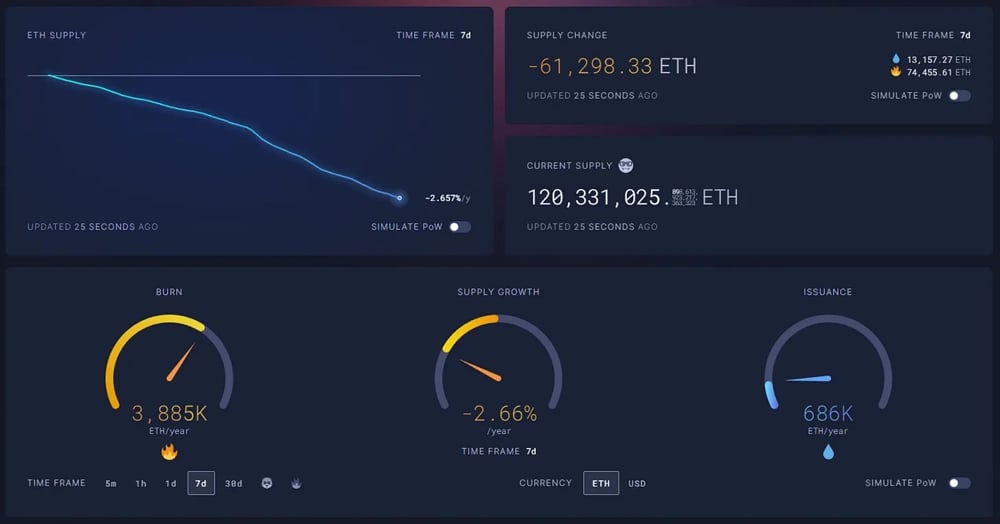Virtu Financial Eyes Expansion into China Amid ETF Market Opening Worth $520 Billion
Virtu Financial Inc. $VIRT, one of the world’s most prominent algorithmic trading and market-making firms, is exploring entry into mainland China’s financial markets, signaling a potential turning point for global participation in the country’s vast exchange-traded fund (ETF) segment.
This strategic interest comes as Beijing considers opening its $520 billion ETF market to international market makers. If approved, the regulatory shift could attract established players such as Citadel Securities, Jane Street, and Optiver, in addition to Virtu Financial. These firms are known for providing liquidity and improving trading efficiency across global markets.
China’s ETF Reform and Virtu’s Strategic Intent
Virtu Financial’s ambition to enter China’s ETF market underscores both the increasing sophistication of Chinese capital markets and the growing appeal of Asia’s investment landscape to Western financial institutions.
The ETF market in China, while large in nominal value, has historically been dominated by local firms and constrained by liquidity inefficiencies and limited arbitrage participation. The potential regulatory reform would remove barriers for Western high-frequency trading (HFT) and market-making entities, allowing them to support price discovery, narrow bid-ask spreads, and bolster ETF turnover.
For Virtu Financial, whose core competencies lie in electronic market-making, cross-asset arbitrage, and liquidity provision, China represents an untapped frontier with significant upside. As Chinese investors increasingly diversify through ETFs, foreign market makers could play a pivotal role in transforming market structure — if granted access.

Virtu’s Move and Market Context
💼 Company: Virtu Financial Inc.
🌐 Target Market: Mainland China’s ETF segment
💰 Size of Market: Estimated at $520 billion in assets under management
🧭 Regulatory Status: China considering new policy to admit Western market makers
🛠️ Market Maker Role: Provide ETF liquidity, reduce volatility, improve spreads
🧠 Competitors in Focus: Citadel Securities, Jane Street, Optiver
🚀 Strategic Value: Expanding Virtu’s presence in emerging Asian markets
Market Reaction and Expert Commentary
Market participants are closely watching China’s potential ETF liberalization as a signal of broader financial market reform. Institutional investors, particularly those involved in quantitative trading, regard the move as a game-changer for foreign participation in onshore assets.
Financial analysts view Virtu’s planned entry as a prudent, long-term bet on structural changes within the Chinese market, where passive investment vehicles like ETFs are gaining momentum, especially among younger, tech-savvy retail investors.
Furthermore, allowing foreign market makers could align China’s ETF mechanics more closely with global standards. This, in turn, would enhance capital flow, arbitrage efficiency, and index tracking accuracy — cornerstones of mature ETF ecosystems in the U.S. $^SPX and Europe $^STOXX.

Key Takeaways — Developments to Watch
Virtu’s Strategic Shift: Seeks regulatory pathways to operate as a market maker in China.
Policy Reform Scope: Chinese regulators evaluating access for Western market-making firms.
Industry Impact: Potentially opens a new liquidity corridor for ETFs in China.
Market Maturity Signal: Suggests China is modernizing its financial market infrastructure.
Competitor Landscape: Heavyweights like Jane Street and Citadel also positioned to enter.
Execution Risk: Still dependent on regulatory clarity, licensing, and compliance hurdles.
Strategic Positioning in a Shifting Global Financial Landscape
Virtu Financial’s interest in entering China’s ETF space marks a strategic alignment with global financial trends: passive investing, capital market liberalization, and algorithmic trading adoption. If approved, this move would not only offer Virtu access to one of the world's fastest-growing ETF markets but also signal a broader policy shift in Beijing toward global market integration.
China’s decision to consider opening its ETF market to international market makers suggests a new chapter in global financial connectivity — with major implications for liquidity, transparency, and foreign institutional participation. For Virtu and its peers, the opportunity lies not just in access, but in shaping the very infrastructure of a next-generation Asian financial market.















Comments
Forward-leaning investments continue to unlock new opportunities in AI-driven technologies